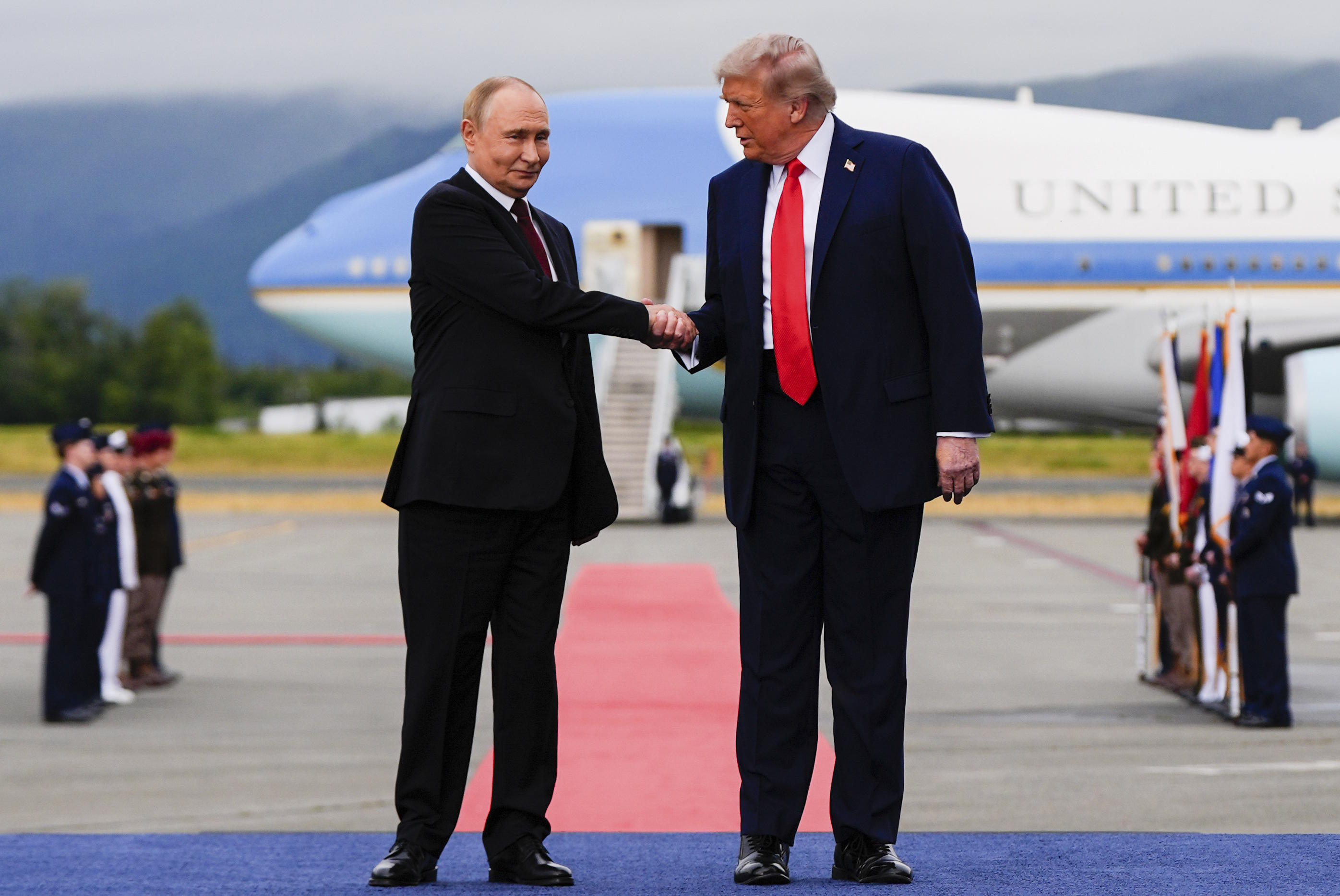In a global context of increased confrontation between countries, the United Nations, which is celebrating its General Assembly this week, is not left out. Since Vladimir Putin ordered the invasion of Ukraine on February 24, 2022, and until September of this year (end of the 79th regular session), the United Nations General Assembly has approved 304 resolutions by vote. After analyzing the votes cast by each state, EL MUNDO has been able to deduce affinities, antagonisms, and common patterns.
The General Assembly is made up of 193 countries, but five of them are a step above as they can veto some decisions. They are the permanent members of the Security Council, who de facto lead the future of the world since the end of World War II: United States, France, United Kingdom, Russia, and China.
Cracks have emerged within the Security Council in the last four years. The first of them, following Putin's decision to invade Ukraine in 2022. Since then, Moscow's level of complicity with Western capitals has plummeted, more than 10 points compared to the previous decade. Even with Beijing, the coincidences in voting are now fewer.
The Kremlin's move was followed by a rapprochement among the major Western powers (United States, France, and the United Kingdom). Paris and London already had a very high affinity before, but with Washington, the rapprochement was noticeable... as long as Joe Biden was in office. Trump's return to the White House has opened the second rift within the core of the Security Council: the one that divides Western countries.
Cracks also within the Western bloc
Since the arrival of Donald Trump, the United Nations has held 32 votes (until the end of session 79), in which the United States has voted no systematically (29 times) and, on 15 occasions, even standing alone in its opposition. Other times, Argentina under JavierMilei or Israel under BenjaminNetanyahu have been its only opposition partners to resolutions that garnered massive support.
One of these noes occurred last February, on the third anniversary of the invasion of Ukraine. Washington, in communion with other actors like Russia, Hungary, or North Korea, voted against a resolution calling for a "just and lasting peace" in Ukraine. Since the annexation of Crimea in 2014, Washington had never voted differently from Kiev on this issue, not even during the first term of the Republican.
Although there have been few votes during Trump's second presidency to make a complete assessment, the trail he left during his first administration, when he opposed over 70% of United Nations resolutions, is still evident. To provide perspective, between 2022 and 2024, Biden said no to 54% of the texts.
Supporting actors in the spotlight
The position of the world's most populous country, India, matters to the United States (which has just imposed a 50% tariff on it for buying oil from Russia), but also to China or Russia. With the leaders of these two countries, Modi showed good rapport at the beginning of September at the Shanghai Cooperation Organization summit held in Tianjin, China. On the other hand, the President of the European Commission, Ursula von der Leyen, also visited the giant Asian country in February to strengthen trade ties.
However, in these four years, New Delhi has looked more towards the East than the West, but it does not have clear antagonisms (except with the United States), as it is a major abstainer that neither supports nor rejects texts in one out of every four votes. Abstention has also been its response to all 12 resolutions approved during this time on Ukraine.
On the other hand, Israel's positions usually align with those of the United States. This complicity occurs regardless of the political color of the occupant of the White House. Tel Aviv and Washington found themselves alone, for example, in opposing the end of the embargo on Cuba in 2022, 2023, and 2024, even under the Biden Administration.
The American government supports Tel Aviv in almost all resolutions on the Palestinian issue. Out of the 34 related texts, the United States only opposed Israel's positions once and abstained four times, all related to the situation of refugees. Always during the Biden era.
The level of agreement of Spain is not remarkably low with any permanent member of the Security Council, but it is closely aligned with Paris and London, voting in sync more than 82% of the time. With neighboring powers, Madrid only clashes in resolutions on decolonization, dependent territories, and some disarmament issues.
Disarmament, the main concern of the UN
The UN usually makes headlines when it pronounces on an ongoing conflict, but the truth is that most of its resolutions are about disarmament. These resolutions tend to enjoy good acceptance in the General Assembly and are approved with an average of 147 yes votes, which is a fairly high average. Much lower support is seen in matters related to Ukraine (107), racism (121), or human rights (125).
Disarmament usually faces little numerical opposition, around 17 votes, but some of the key powers are precisely among its usual opponents. For example, the United States opposes 47% of these resolutions, and Russia, the United Kingdom, or Israel do so in a similar proportion. On the other side of the scale, China supports or abstains in 84% of these votes, and India does so in 91%.
